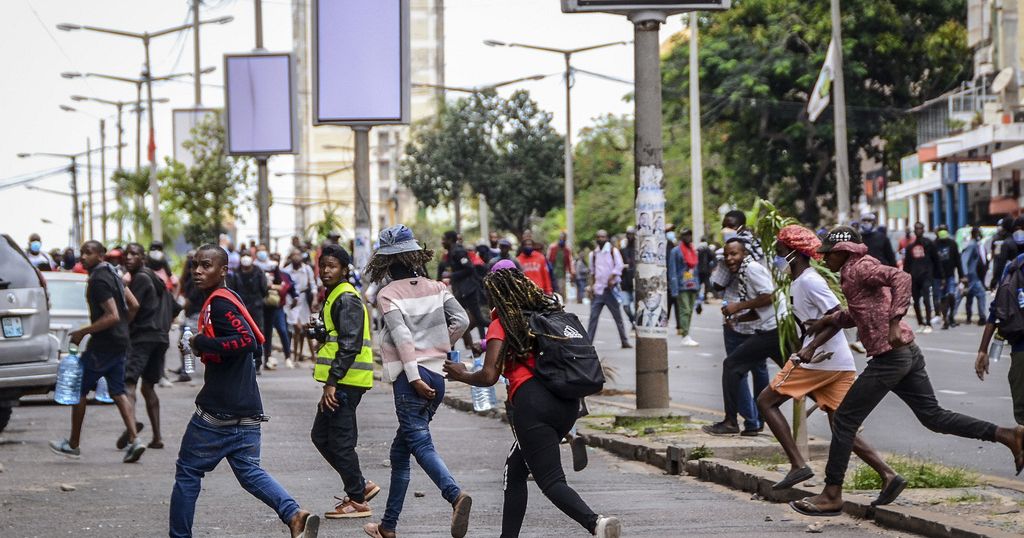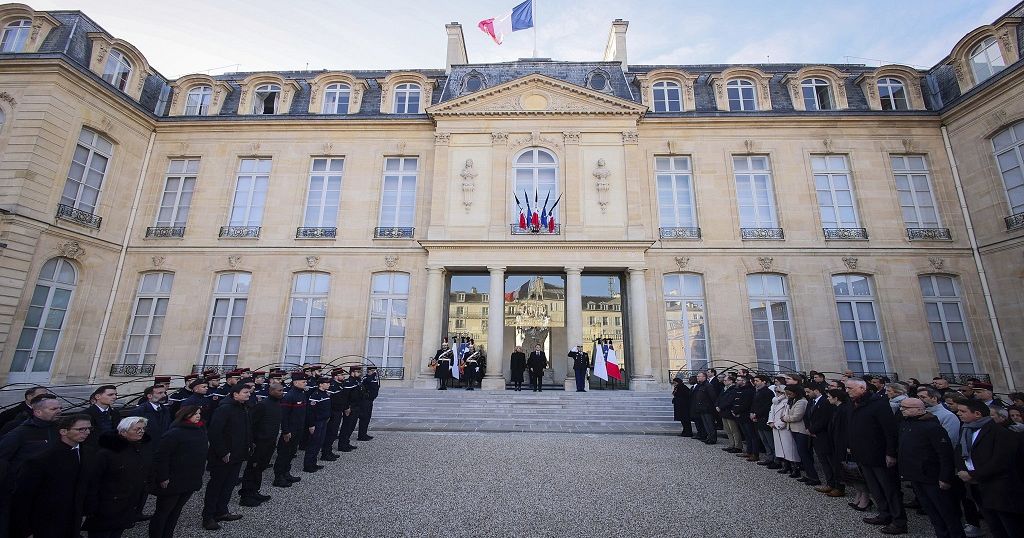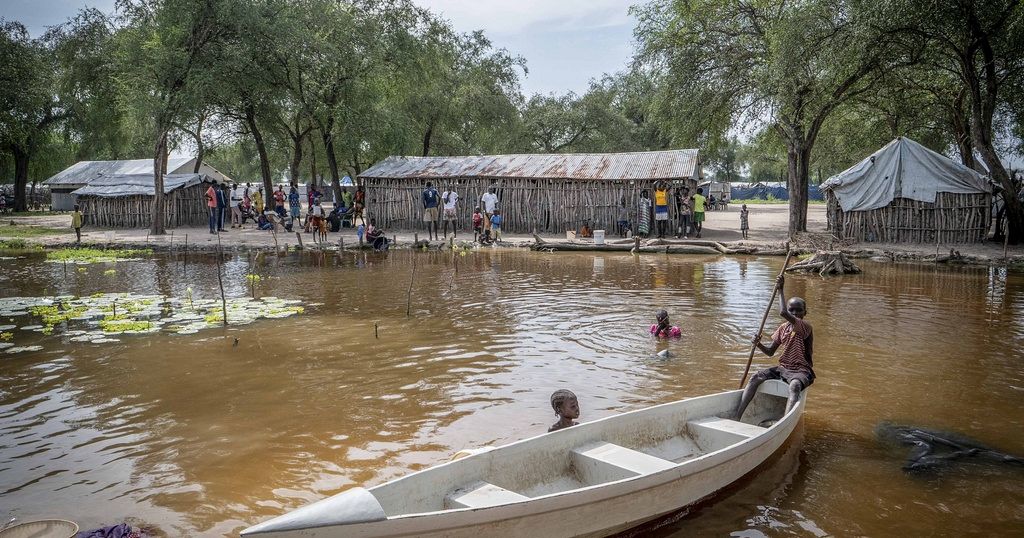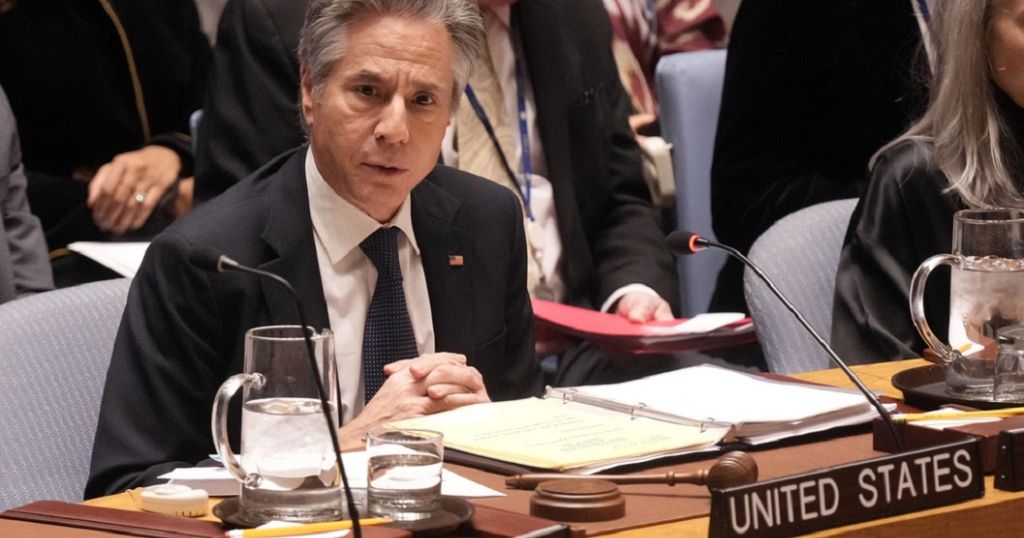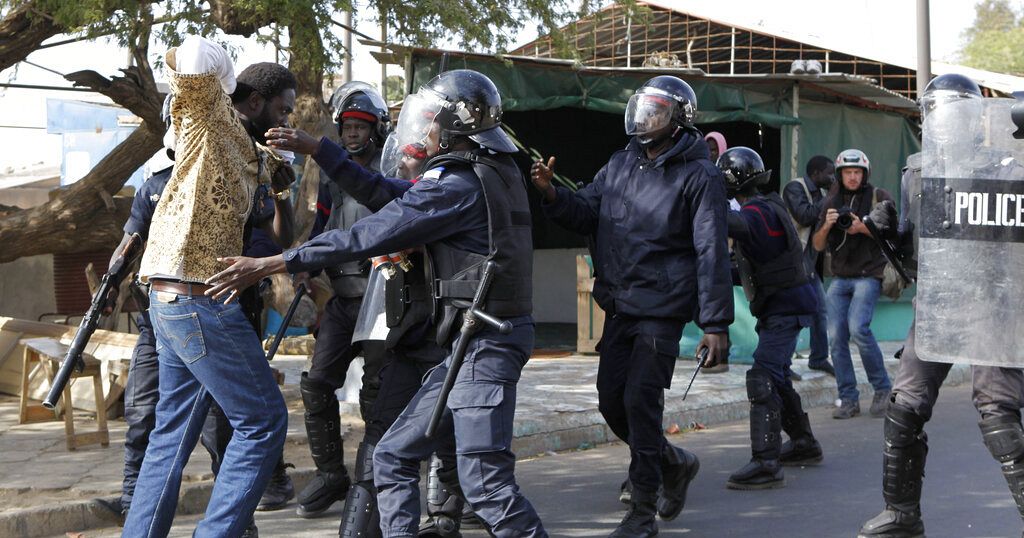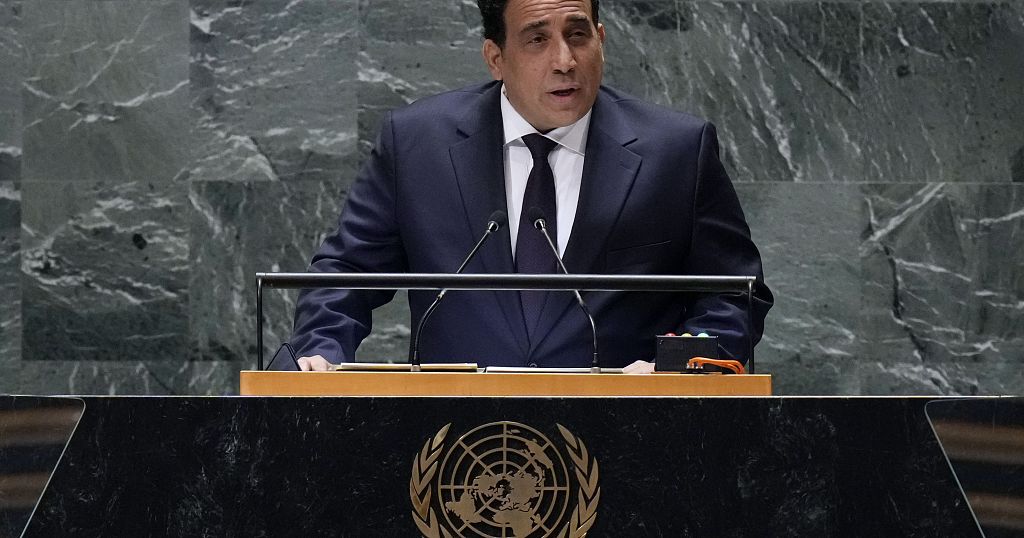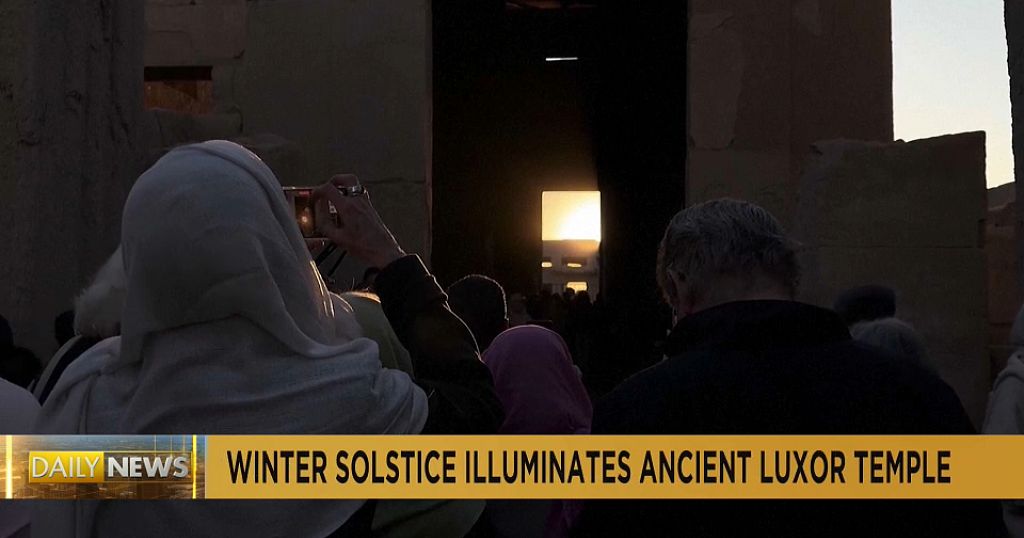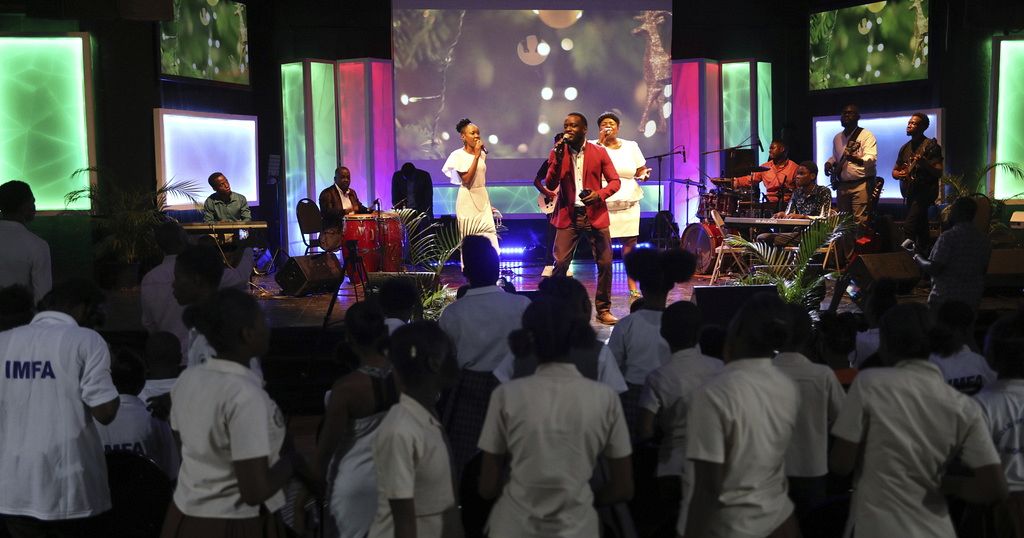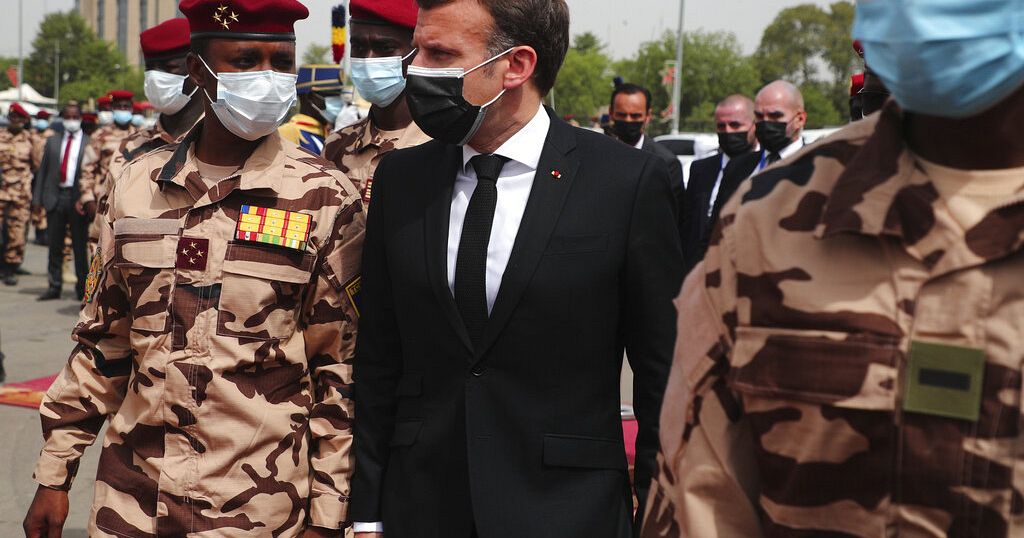S.A: World’s largest rhino farm up for auction
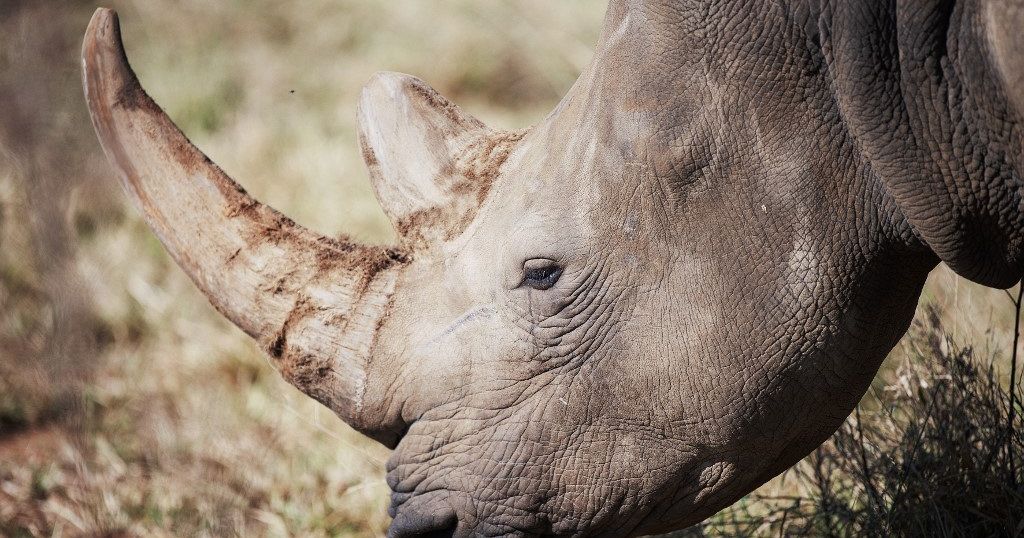
The world’s largest rhino conservation farm is going up for auction in South Africa.
“I have been expending money on this population of rhinos for thirty years and I have finally run out of money” says its owner John Humes.
The future for these rhinos in the north west province (South Africa) depends on the outcome of a sale.
“We have a very good breeding record, and we have a very good protection record so somebody could go on doing this and just expand it to more and more rhinos. Somebody could do that very easily.”
“I’m hoping that there is a billionaire that would rather save the population of rhinos from extinction than own a superyacht,” Hume, a gruff outspoken man, said.
“Maybe somebody for whom five million dollars a year is small change.”
‘Worth it’
Hume said that, through the years, he had lavished around $150 million on his massive philanthropic project to save the world’s second largest land mammal.
“From a rhino point of view, it was definitely worth it,” the bespectacled octogenarian, wearing a chequered shirt, said in a Zoom interview.
“There are many more rhinos on Earth than when I started the project.”
A former businessman who made his fortune developing tourist resorts, Hume said he fell in love with the animals somewhat by accident having bought the first specimen after retiring with dreams of running a farm.
“I’ve used all my life savings spending on that population of rhinos for 30 years. And I finally ran out of money,” he said.
His heavily guarded farm, at an undisclosed location in North West province, has around 2,000 southern white rhinos — a species that was hunted to near extinction in the late 19th century but gradually recovered thanks to decades of protection and breeding efforts.
Today, the Red List compiled by the International Union for Conservation of Nature (IUCN) categorises white rhinos as “near threatened”, with around 18,000 left following a decline in the last decade.
Long walk to a world free of poaching
Miles of fences, cameras, heat detectors and an army of rangers patrol the site, which employs about 100 people.
The tight security is meant to dissuade would-be poachers sending the message that “they don’t stand a chance”, said the farm’s head of security, Brandon Jones.
Speaking from the control room however Jones said the exercise is only partially successful, as poachers will merely go and kill rhinos somewhere else.
“We are simply diverting them from our reserve. We know that they will target areas where it is easier to penetrate and where the risk-reward ratio is to their advantage,” he said.
South Africa is home to nearly 80 percent of the world’s rhinos, making it a hotspot for poaching driven by demand from Asia, where horns are used in traditional medicine for their supposed therapeutic effect.
The government said 448 of the rare animals were killed across the country last year, only three fewer than in 2021 despite increased protection at national parks such as the renowned Kruger.
“It worries me that unfortunately on the black market a rhino horn from a dead rhino is still worth more than a live rhino, that worries me very seriously,” John Humes confesses.
On black markets, where the price per weight rivals that of gold and cocaine at an estimated $60,000 per kilogramme.
Rhino or yacht?
The online auction opens on Wednesday and on offer is the farm with its animals, land and machinery.
Adding its 10-tonne stock of rhino horns to the lot is negotiable, said Hume.
The horns were preventively cut off as a way to dissuade poachers from killing the animals — and would be worth more than $500 million on the black market.
Hume believes they should be sold to fund conservation projects, creating a legal market for them.
Source: Africanews



